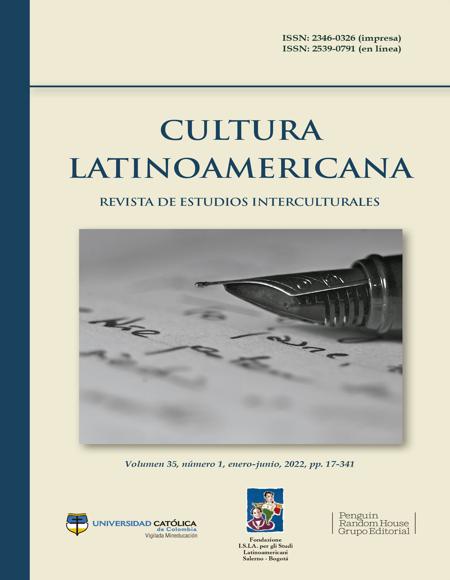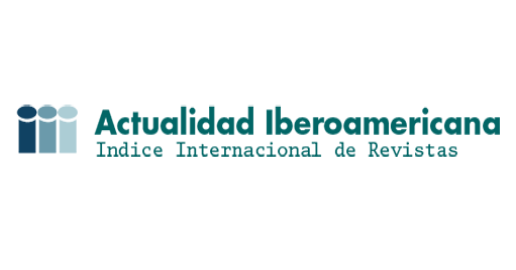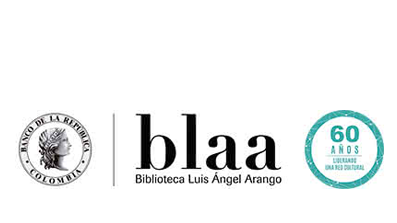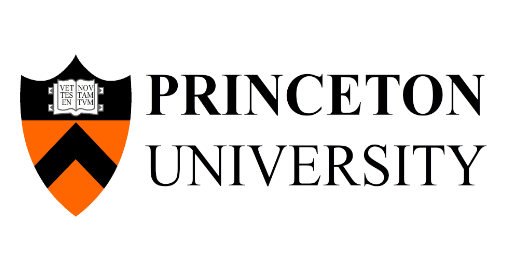
Esta obra está bajo una licencia internacional Creative Commons Atribución-NoComercial-CompartirIgual 4.0.
Al enviar los artículos para su evaluación, los autores aceptan que transfieren los derechos de publicación a Cultura Latinoamericana. Revista de Estudios Interculturales para su publicación en cualquier medio. Con el fin de aumentar su visibilidad, los documentos se envían a bases de datos y sistemas de indización, así mismo pueden ser consultados en la página web de la Revista
Resumen
This research relates Hegel and Mariátegui. The first, a universal thinker
of current relevance, has a vision of history and cultures based on a special
conception of freedom, which marks the development of the spirit. But
this a priori excludes the American peoples (except the United States),
constructing a Eurocentric discourse that leaves them out of history. At
this point José Carlos Mariátegui appears, who, we think, answers the
Hegelian anathema without intending to. In a lucid passage from the Seven Essays, the meaning of freedom in the Andean Tawantinsuyan world
is explained, and such an explanation reformulates and relativizes the
Hegelian judgment on America. Obviously, we are not saying that the
conscious and direct intention of Mariátegui was to refute Hegel, in any
way, but by connecting the texts we propose an interpretation that makes
both thinkers dialogue.



























